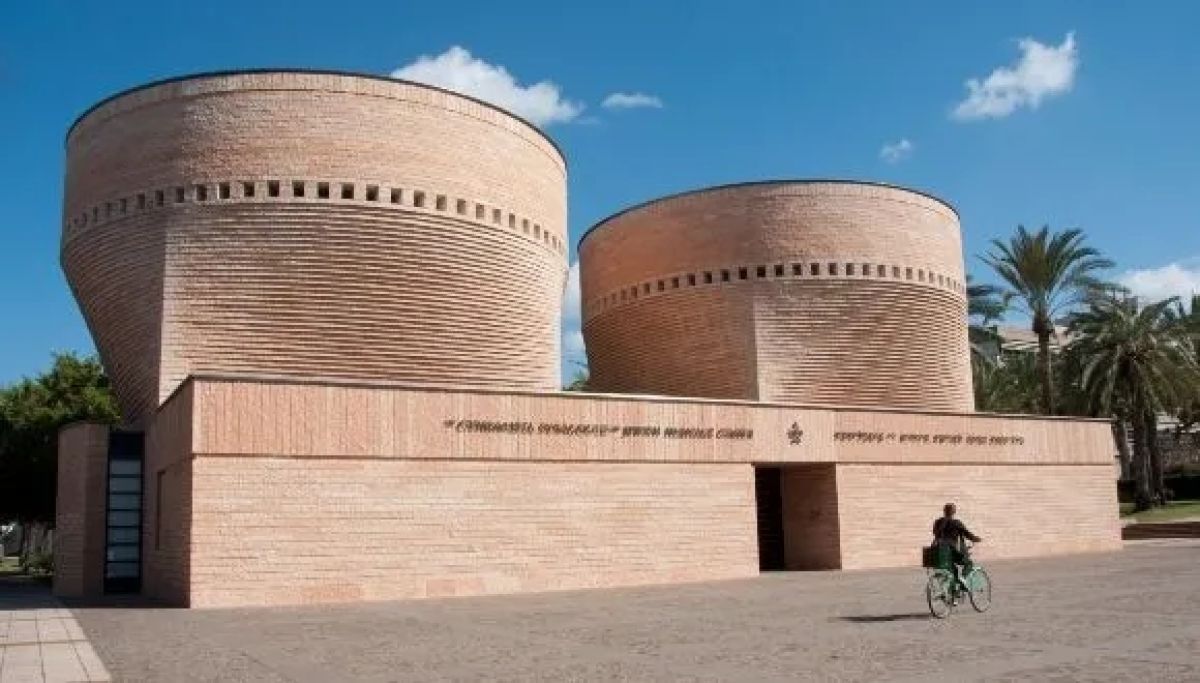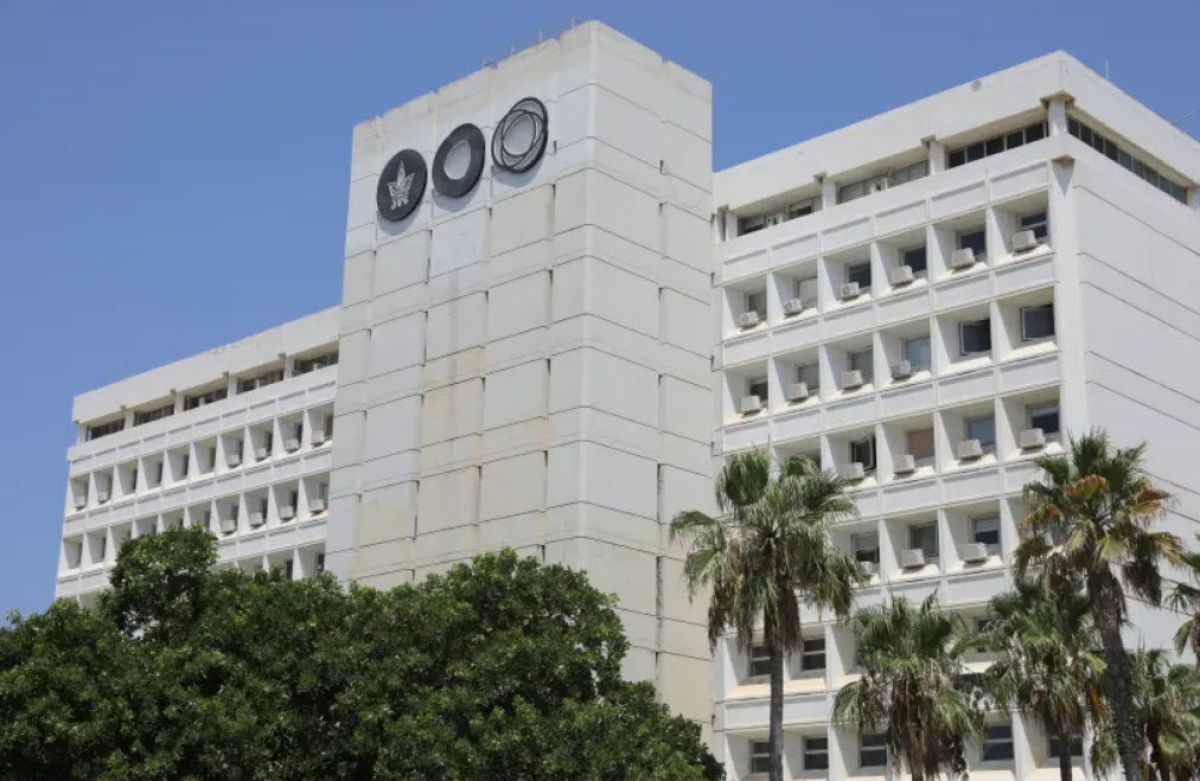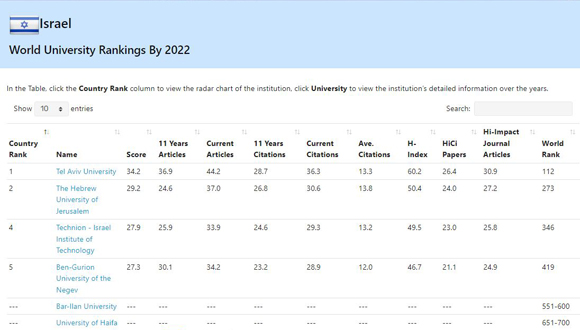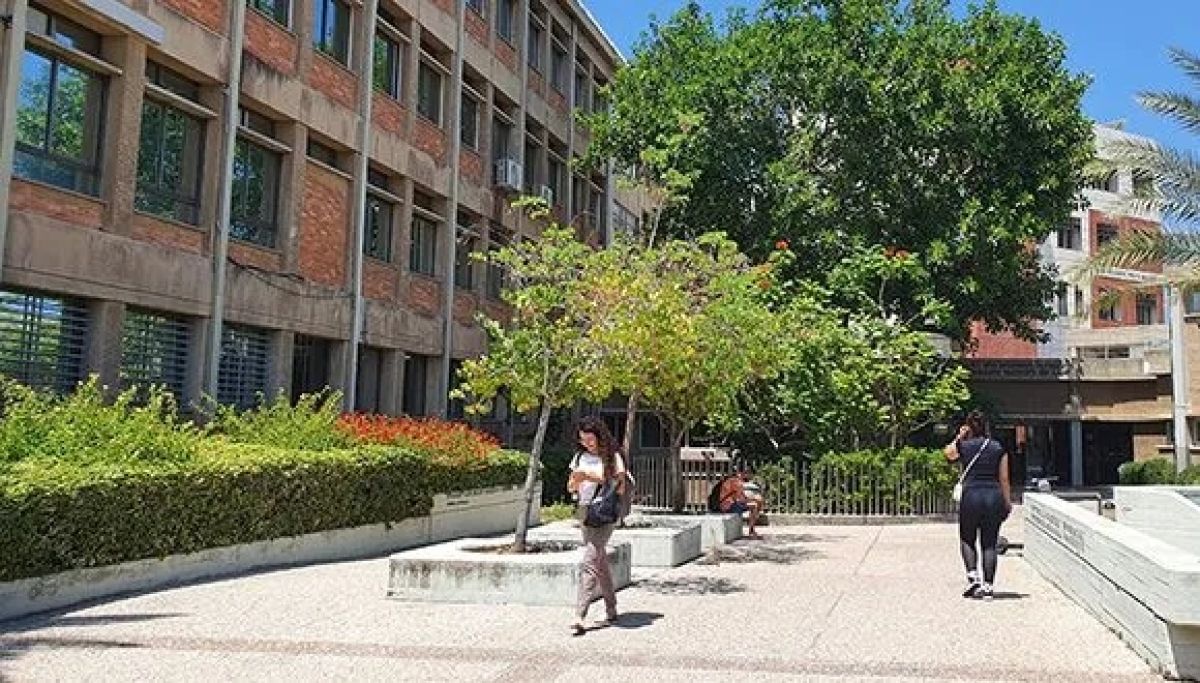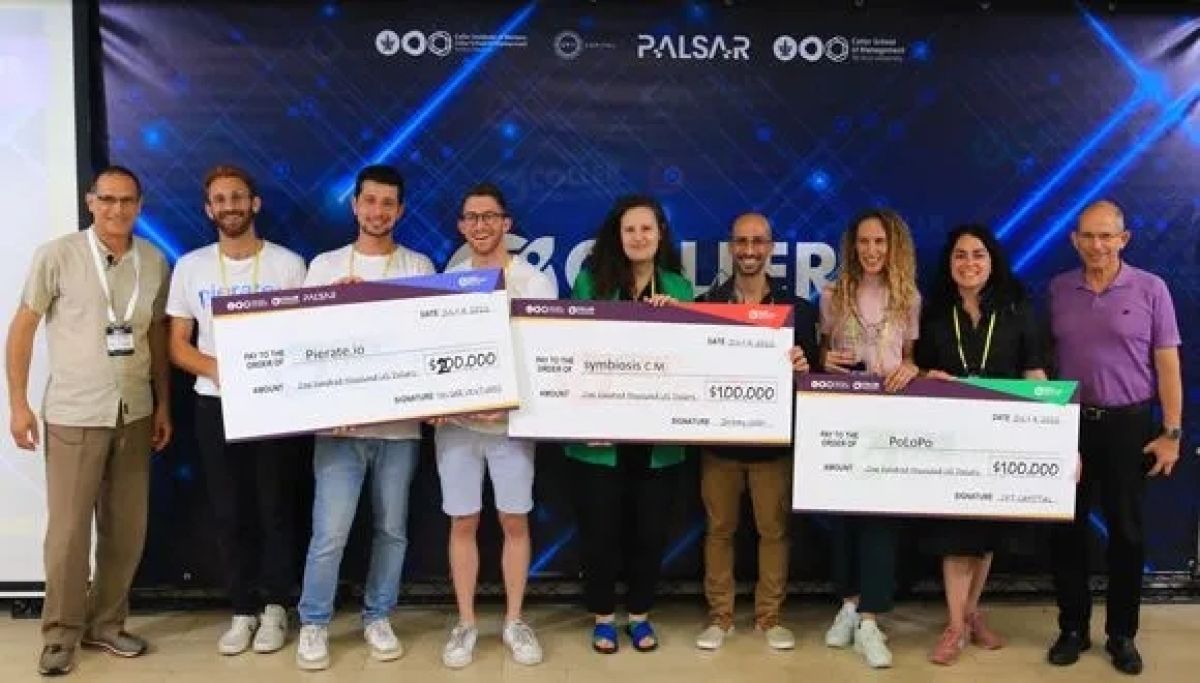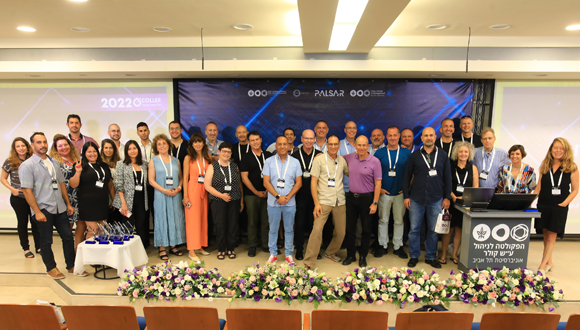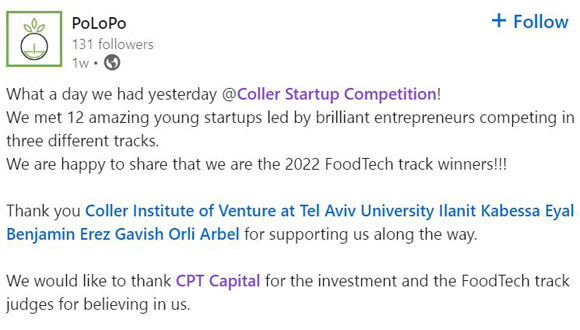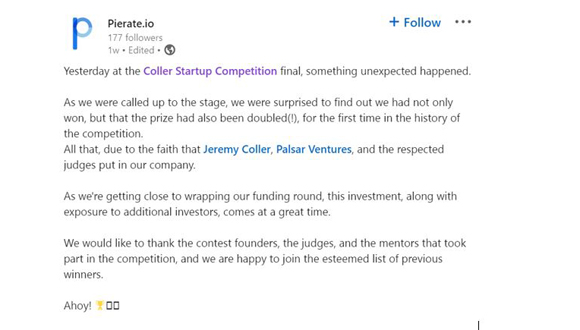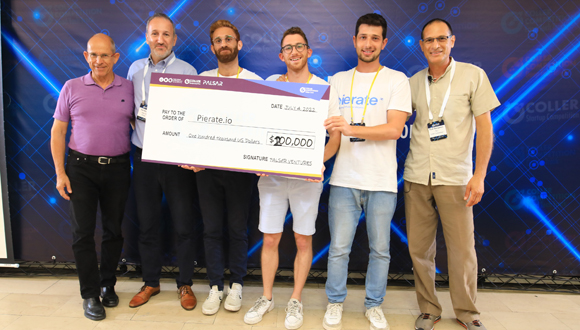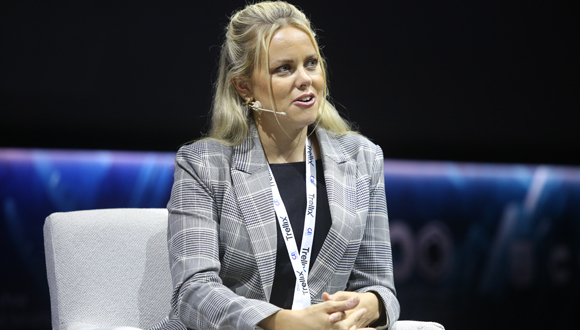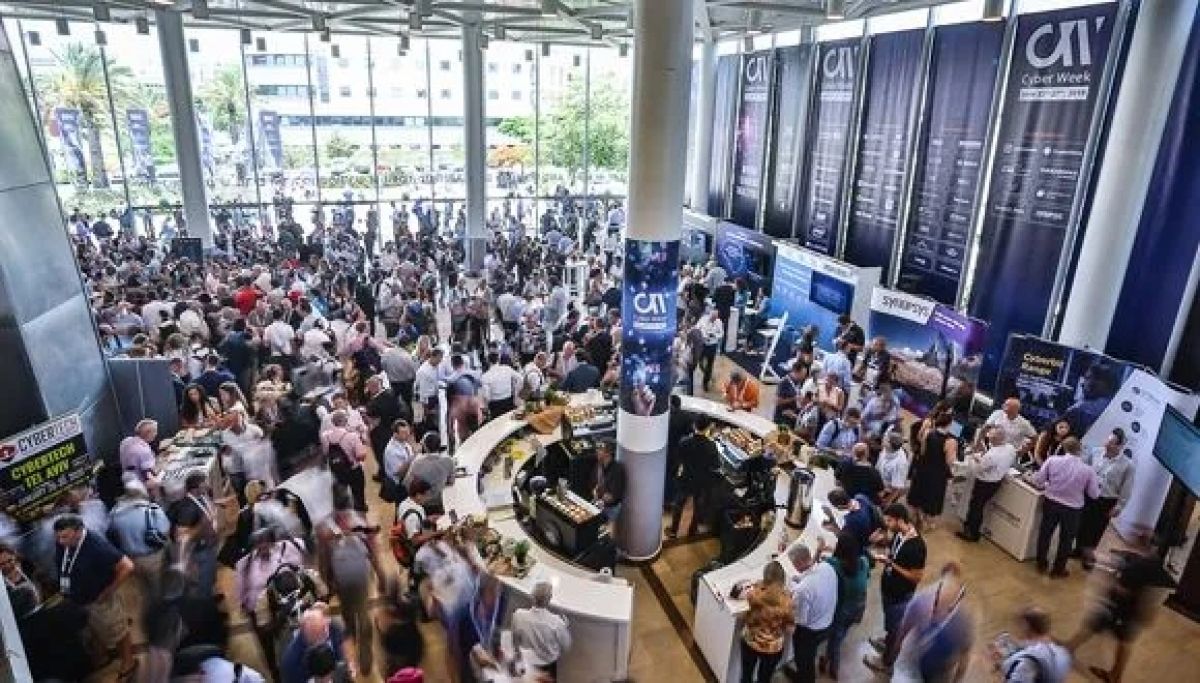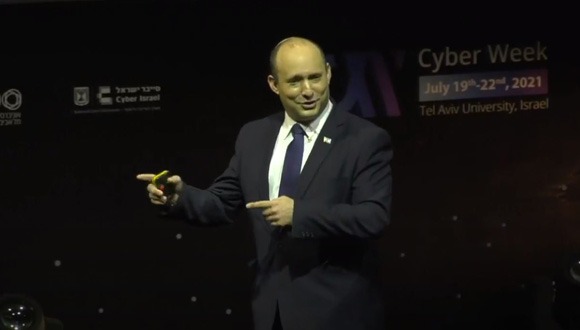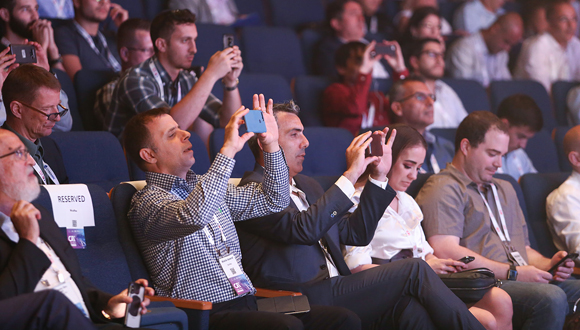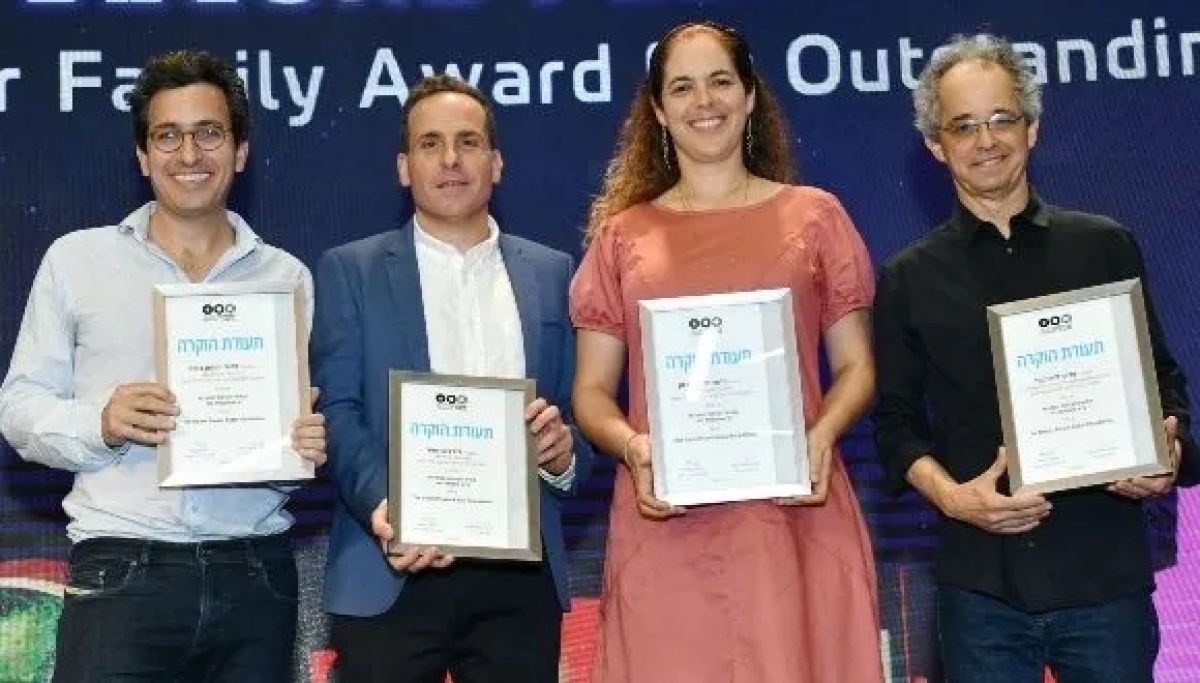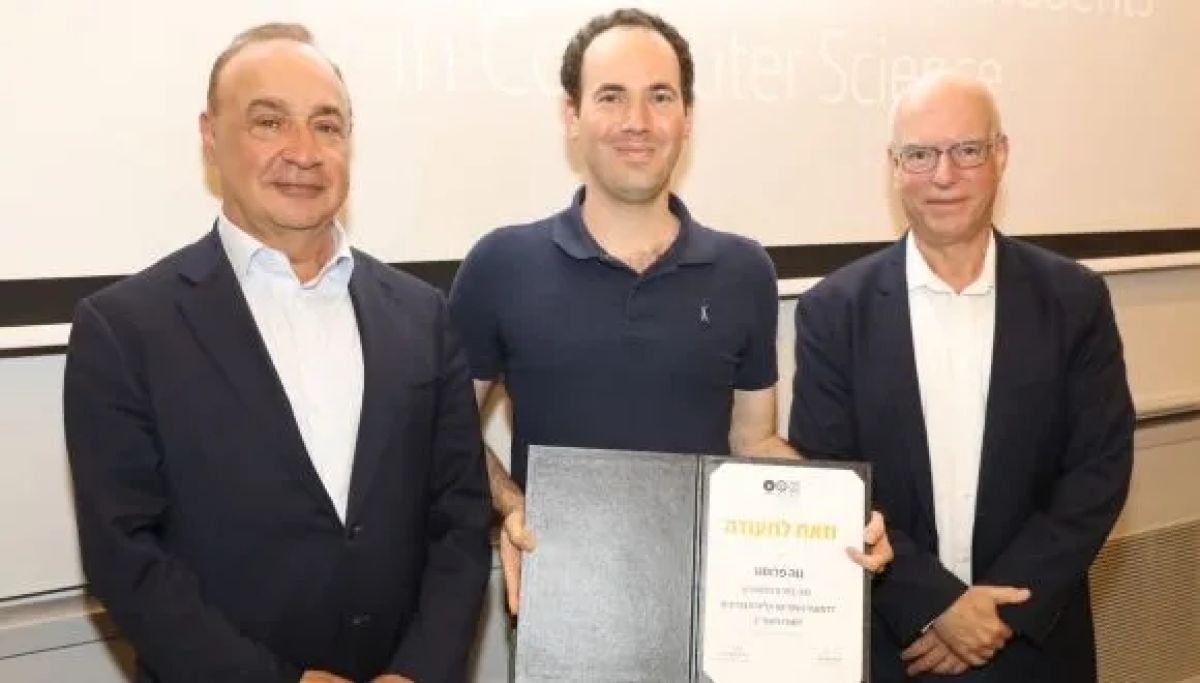New Perspectives on Tackling Human Trafficking
Prof. Hila Shamir is among TAU scholars fighting modern slavery.
In light of the World Day against Trafficking in Persons on July 30, we caught up with Prof. Hila Shamir to discuss her trailblazing legal research aimed at combating human trafficking in Israel and around the globe.
According to the latest estimates, over 40 million people are victims of modern slavery in which individuals perform labor or services under highly exploitative conditions. Their vulnerability to exploitation is often the result of poverty, exclusion or migratory status.
While trafficking is generally thought of as the exploitation in the sex industry, Shamir is among scholars helping to expand the understanding of the phenomenon to include severe forms of labor market exploitation in other labor sectors. For example, this includes the exploitation of workers in industries such as domestic and care work, construction, agriculture, mining, and fishing who are forced to work in inhumane conditions. Such circumstances include working for long hours, in physically unsafe work environments with little to no pay, and with limitations on their liberties and freedom of movement.
Top-Down Approach
“While it is possible to effectively combat human trafficking, to do so requires a willingness to address structural elements, such as restrictive migration regimes and harmful labor market regulation,” says Shamir.
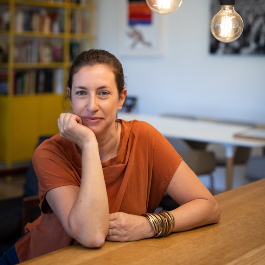
She heads the TraffLab research group at the Buchmann Faculty of Law. Her interdisciplinary team includes students and researchers as well as lawyers from TAU’s Workers’ Rights Clinic, where she serves as the academic advisor. The Clinic supports Shamir’s research through the cases it represents in court.
Shamir won a competitive grant from the EU’s European Research Council for TraffLab’s research. She was the first legal scholar in Israel to win the ERC Starting Grant for outstanding early-career researchers. The ERC also nominated her lab as a finalist for its 2022 Public Engagement with Research Award for its activity building bridges between research and policymaking.
Prof. Hila Shamir. (Photo: Hadas Parush/Haaretz)
New Legal Tools
Shamir’s research seeks to formulate new legal tools to fight human trafficking with labor-based strategies alongside traditional approaches focused on criminal law, border control, and human rights. These strategies target the underlying economic, social and legal structures of labor markets prone to severely exploitative practices.
With her work, Shamir aims to transform the way trafficking is researched and, as a result, the way anti-trafficking policy is devised.
While this is no simple feat, she remains optimistic: “There are examples around the world showing us that this can be done if we are willing to move beyond criminalization and expand anti-trafficking toolkit towards strengthening the bargaining power and improving the rights of the most vulnerable workers.”
She explains that migrant and non-citizen workers are among those most vulnerable to labor trafficking, often due to their legal or social status and institutionalized corruption among employers.
Impacting the National Debate
In a significant project, Shamir’s team devised a comprehensive policy plan that proposes alternative recommendations to Israel’s current national plan on trafficking. Shamir recently presented the strategy suggestion to various Israeli government stakeholders and Knesset committees, and held a public roundtable about the plan with the UN Rapporteur on trafficking. The project also led her team to submit several branch-off policy papers over the past year to Israeli policymakers overseeing foreign workers’ rights and related topics.
Going forward, Shamir is pushing full force ahead with her research as well as public and policy engagement on trafficking. This includes several recent and impending publications based on her research on Israel, modern slavery in global value chains, and bilateral labor agreements, which are among the types of structural frameworks that affect the recruitment practices and labor conditions that can lead to trafficking.


